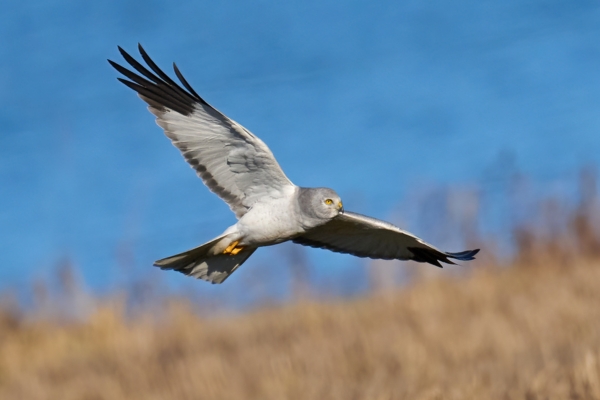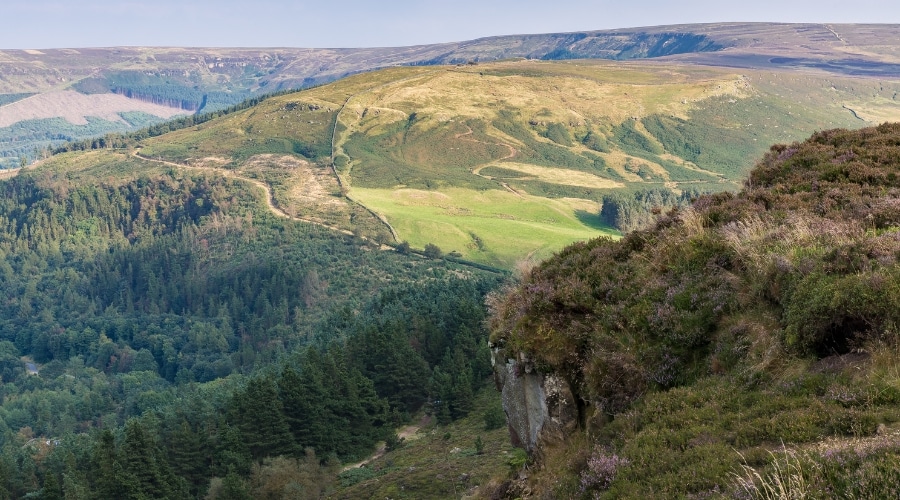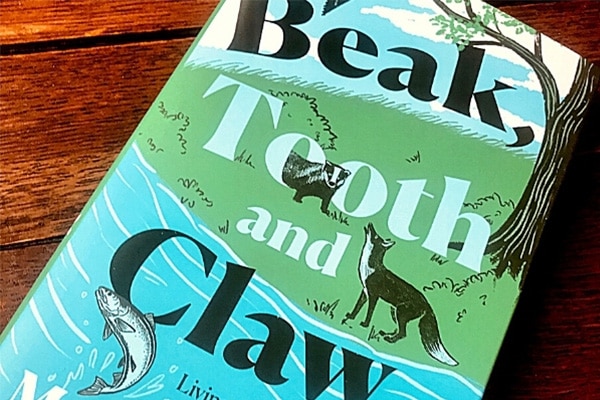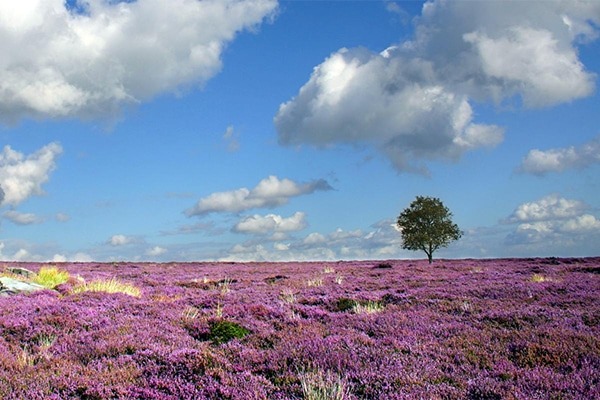
BASC issues statement in response to RSPB hen harrier report
BASC, alongside other rural organisations, is a signatory to a zero-tolerance declaration on the illegal killing of birds of prey.
Get information on the legal shooting season for mammals and birds in the UK.
Apply for funding for your project or make a donation today
Comprehensive information and advice from our specialist firearms team.
Everything you need to know about shotgun, rifle and airgun ammunition.
Find our up-to-date information, advice and links to government resources.
Everything you need to know on firearms law and licensing.
All the latest news and advice on general licences and how they affect you.

BASC has been highly critical of the current legal framework on protected sites that leaves shooting activities disproportionately restricted in a response to an Office for Environmental Protection (OEP) call for evidence.
In the call for evidence, which is part of the OEP review of the implementation of laws for the designation and management of protected sites, BASC said Natural England’s resources would be better served focusing on nature recovery rather than dealing with micro-regulating innocuous activities.
Dr Marnie Lovejoy, BASC’s head of evidence and environmental law, said: “The current framework leaves Natural England disproportionately regulating activities that have no or only a minor environment impact, leaving others free to continue unimpeded.
“As it stands, shooting activities are continuously being disadvantaged, even where they are helping with the protection and management of protected sites. The recent trend will only lead to more sites being left unmanaged, unprotected, and ultimately worse off.”
In response to the call for evidence, BASC also raised the legal frameworks over-reliance of “area-based protection” over landscape-scale recovery, raising the fact that the sites were utilised prior to any designation.
Dr Lovejoy added: “Instead of continually increasing the regulation within protected sites, focus should be centred on what goes on outside the boundary. The answer isn’t necessarily protecting more sites, but working at a larger scale.”
On shooting’s role in protected sites, Dr Lovejoy said: “Shooters, hand-in-hand with farmers and landowners, have protected and managed nature-rich sites. They have shaped the very features that are now deemed to be worthy of formal protection.
“Shooting activities, such as habitat and wildlife management, offer key components that can benefit protected sites and help the government reach its environmental targets. It should be being supported not restricted.”

BASC, alongside other rural organisations, is a signatory to a zero-tolerance declaration on the illegal killing of birds of prey.

Guest blogger and keen wildfowler, Gethin Jones, reviews Mary Cowell’s latest book Beak, Tooth and Claw – Living with Predators in Britain.

As the Glorious Twelfth approaches, David Scott introduces some of the iconic bird species supported by moorland managed for grouse.